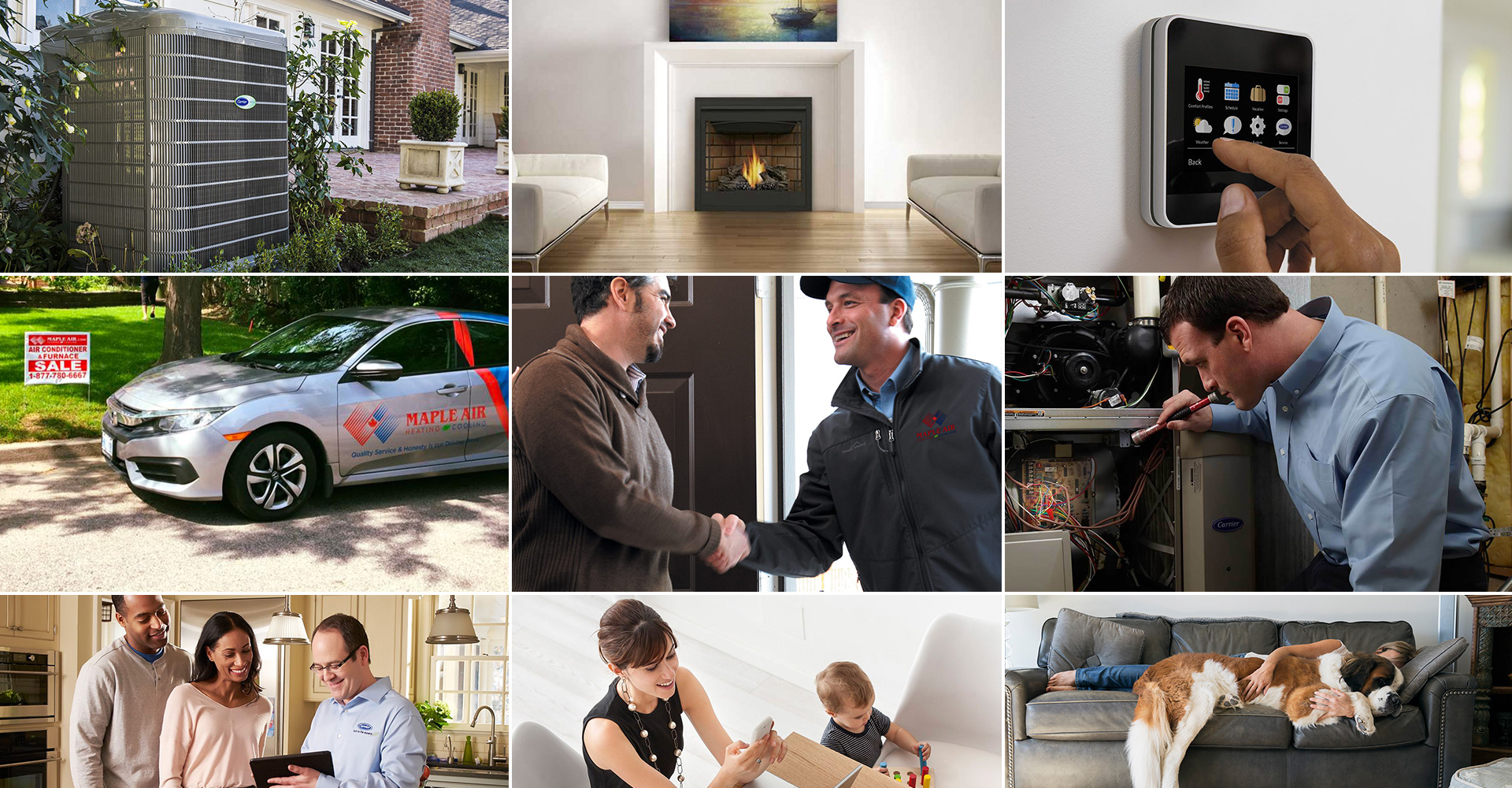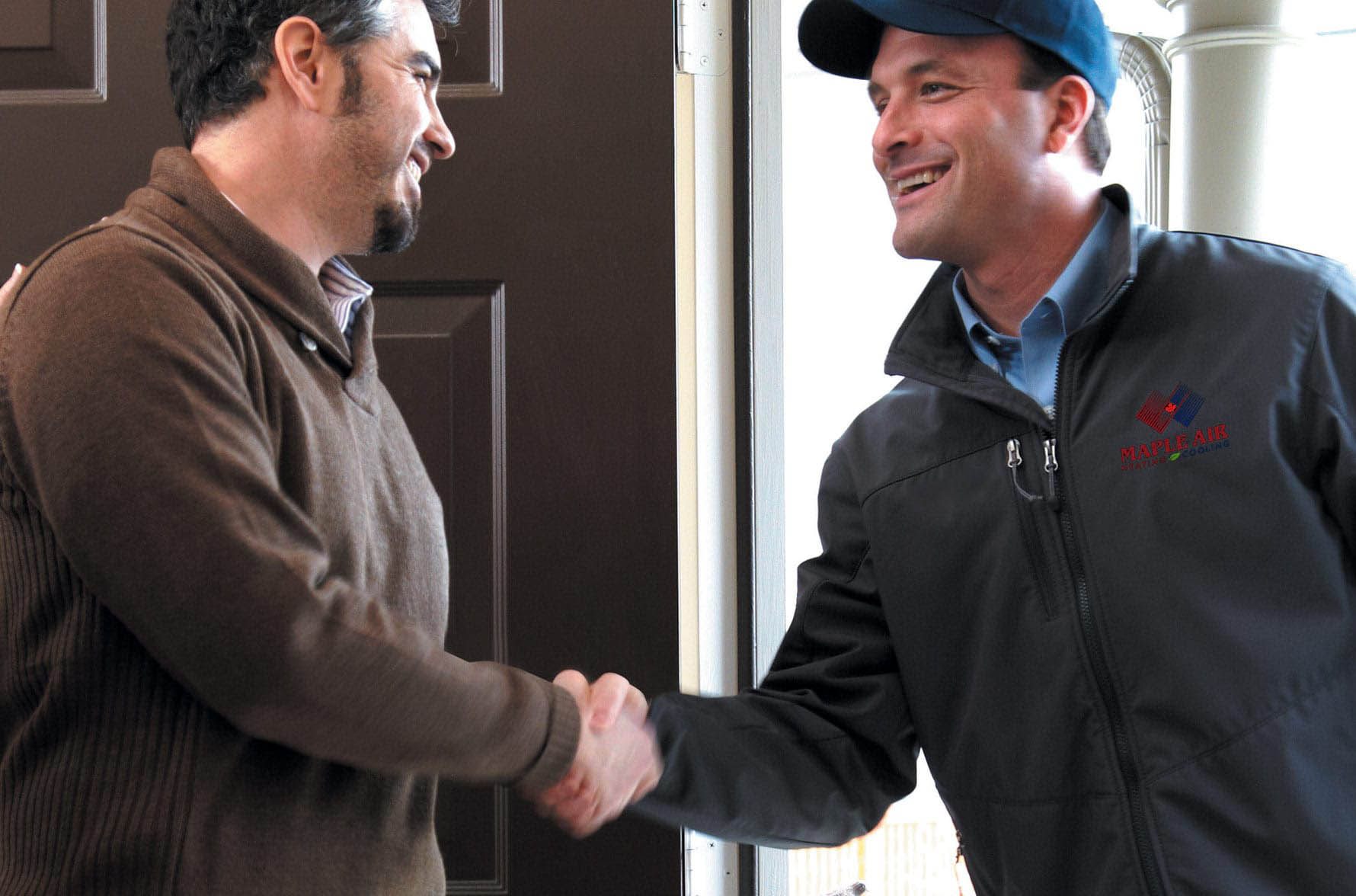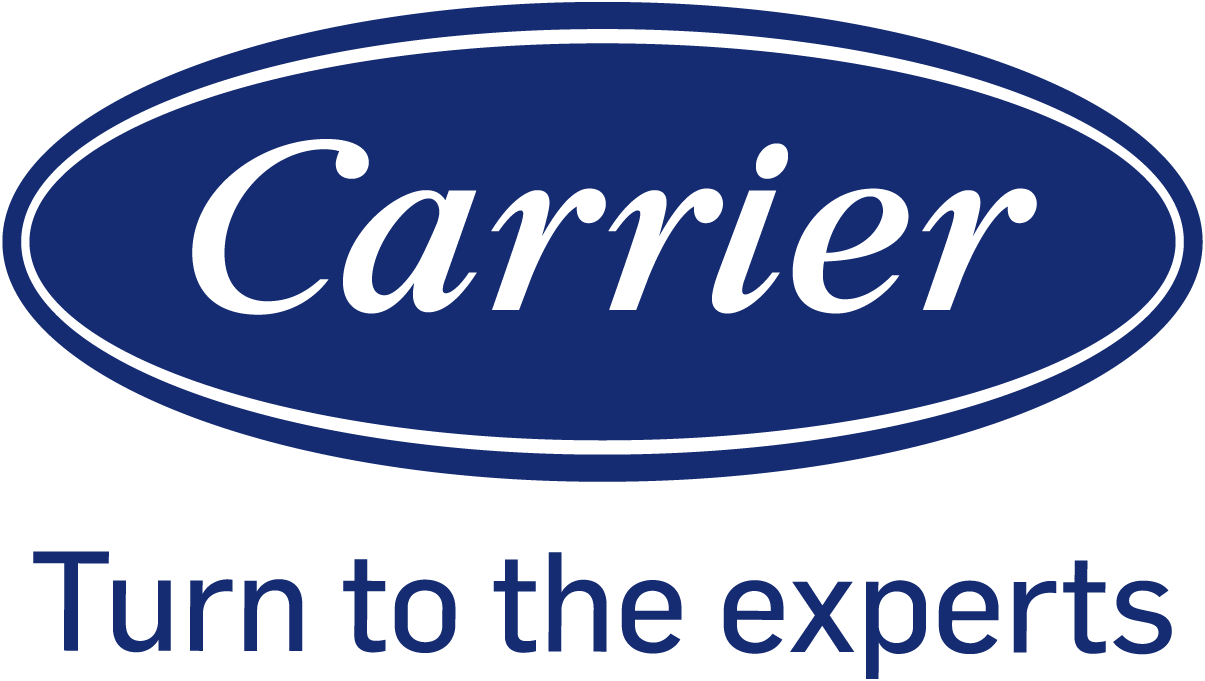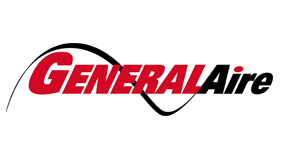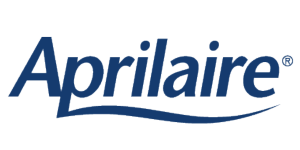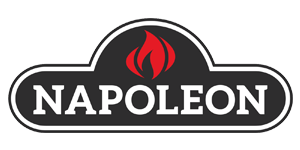FAQ
-
What size HVAC system is right for my home?
There are several factors that need to be considered when choosing the size of HVAC for your space. Some of them are the height of the ceiling, size of the window, placement of the window. There are dozens of other variables that have to be taken into consideration when choosing a proper size for a heating and/or cooling system. A professional load calculation is a must for an effective system. -
How can I do to make my HVAC more efficient?
Replace and clean your filters often in order to boost the efficiency of your HVAC. Make sure the blower is ON – it ensures the constant air movement, helping the system cool or heat more evenly. Windows facing the south, or those exposed to direct sunlight most of the time, should be equipped with window treatments (drapes, shutters, blinds, screens). -
Is HVAC with more capacity better?
No. Larger system is more expensive to operate, and it delivers less comfort. A system is the least efficient when first turning on. HVAC with too much capacity will continuously turn on and off, proving to be less efficient than the HVAC of the right size for your space. It is important to remember that an air conditioner dehumidifies air only when it is on, thus the HVAC with more capacity will not perform the job very well.
Should I close the registers and doors to areas I am not using?
Every system is made to cool a defined number of square feet. If you close the registers and/or doors to certain rooms that you do not use, you disrupt the airflow, and your system will work harder to circulate air to those areas. It will use more energy to cool less space, making it less efficient. -
Why are humidifiers used in heating more often than cooling?
When outdoor air enters a home and gets warmed up, it dries out, which increases static electricity and can even lead to sinus problems. A humidifier helps add moisture back into the air, helping to minimize the chances of sinus problems. The average comfort level for humidity is 35-45%. -
What maintenance can I do for my air conditioner?
The most important maintenance that you can do is to change your filters regularly. Outdoor units that that are mounted to the ground should be clear of clutter and debris. Pets should be kept away from the unit because pet urine can cause costly damage to the unit. Also, be careful with a weed trimmer as you can damage control wiring. Only qualified staff should do any other maintenance on your air conditioner. -
What temperature of the air should my AC produce?
The temperature of the air that your system produces depends on the temperature of the air going in. The air produced should be 18 to 20 degrees lower than what enters the system. Thus, if the air entering the system is 70°, the air exiting should be about 50°-52°. This only works if the system has been on and running for at least 15 minutes. On a mild day, the air coming out could be 15°-17° cooler than what enters. -
What size is my filter and how often should I replace?
There's no one-size-fits-all answer. The frequency of filter changes is driven by how much your heating and air conditioning system operates, which is also driven by your individual climate. Start by checking the system's filters at least once a month. Hold the used filter up to the light and compare it to a clean "spare". When light is obscured by captured dust and dirt particles, the old filter should be changed. Keep a record for one year and then replace the filter on that basis. At a minimum, it is always a good idea to change filters at the start of the heating and cooling seasons and then in between according to your need. Also, it is a good idea to have your heating and air system checked at the beginning of heating and cooling season to insure proper operation. -
What maintenance should I do on my air conditioner?
The most important maintenance you can do is to change your filters regularly. Ground mounted outdoor units need to be kept clear of debris, clutter; weeds or landscaping that can grow too close and reduce the airflow to the unit. Also, keep pets away from the unit because pet urine can cause expensive damage. Use caution with a weed trimmer around the unit to prevent damaging control wiring. Any additional maintenance should only be performed by qualified personnel. -
What is meant by a 'ton' of refrigeration?
Confusingly, the unit has little to do with weight, as used in everyday language. One ton of refrigeration is the term used to refer to 12,000 B.T.U.s/hour (British Thermal Units/Hour) of cooling effect. Thus, a condensing unit with a cooling capacity of 60,000 B.T.U.s/hour is said to have a capacity of 5 tons. -
How do I know if my A/C unit is big enough?
Before purchasing a replacement system you should always make sure your system is sized properly. Our representative will provide a heat load calculation to determine the proper size and make the appropriate recommendation. Remember, bigger is not always better. -
How is the efficiency of heating and cooling equipment measured?
The S.E.E.R. (seasonal energy efficiency ratio) is the amount of cooling your system will deliver per dollar spent on electricity. For example, a 3-ton unit may have a S.E.E.R. efficiency rating of 13, 14, or 15. The higher the S.E.E.R. the more efficient the system will be. The S.E.E.R. rating of any given unit can range anywhere from 13 to 17. -
What size HVAC system should I have?
Contrary to popular belief there, is no rule of thumb for sizing a system to a home. Depending upon the construction of your home, one (1) ton of air conditioning can cool anywhere from 300 to 800 square feet of home. The only way to insure the size of the system you purchase will be large enough to cool your home, but not any larger than you need, is to have your home's individual heating and cooling needs evaluated by a licensed professional. -
What is HVAC?
HVAC is short for Heating, Ventilation and Air Conditioning. HVAC is commonly used to describe an entire heating and cooling system comprising of the duct work, air filters, humidification controls, and registers. -
What is SEER?
SEER is the abbreviation for Seasonal Energy Efficiency Ratio and it is a American standard energy rating and reflects the overall system efficiency of your cooling system. Rating should be considered in choosing cooling products. The rating is a ratio of the cooling output divided by the power consumption and measures the cooling performance of the system. The Federal government developed an ENERGY STAR program for high efficiency central air conditioning systems that in order to qualify must have a SEER of at least 14. -
What is AFUE?
The annual fuel utilization efficiency
-
What is EER?
Energy Efficiency Ratings (EER) measure the efficiency with which a product uses energy to function. It is calculated by dividing a product's BTU output by its wattage. An EER doesn't take into consideration the time of year, but rather the system's energy efficiency at the peak operating use. -
Explain how a 2-stage, variable speed furnace works
2-stage furnace has a variable speed, DC blower motor that is 75% less expensive to run than a conventional motor. This furnace operates on low-fire, burning less fuel, 90% of the time. When higher heat is needed high-fire will provide heat quickly, using all of the available gas. Coupled with a blower that circulates air continuously on low speed, this kind of furnace will keep the air temperature even throughout your home, control humidity and filter air 24hrs a day. This is the best climate control available.
-
How Fast Can Maple Air Service my Equipment?
As long you Call before 12 pm you will recieve same day service*
-
Benefits of changing my furnace filter?
When your furnace filter is clogged with dirt, it will prevent consistent air-flow through your system, thus making your furnace work less efficiently. A furnace that does not work efficiently will cost you much more in energy.
Here are the Benefits:- clean filter equals better air quality inside your home
- less energy cost
- increases the efficiency of your furnace
- may reduce allergies
- clean filter equals better air quality inside your home
-
Why should I Do Routine Maintenance?
Routine Maintenance is recommended by manufacturer to make sure your heating & cooling equipment is working at its potential efficiency. No matter what type of heating and cooling equipment you have you need to make sure its running effectively and trouble free.
-
What brands do you service and repair?
We service all makes and models of furnace and air conditioners such as Carrier, Lennox, Rheem, York, Coleman, Keeprite, American Standard, Trane
